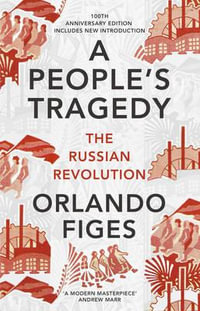It shares borders with Pakistan, Iran, and the Central Asian Republics of Turkmenistan, Uzbekistan and Tajikistan--a volatile mix of nations in a troubled corner of the world. Historically, the country with the most interest in the region is Russia, which views Central Asia as its back yard, and the nations located within it-- stepping stones-- to the warm waters of the Arabian Sea. In pursuit of that ambition, Russia over the centuries has gradually expanded its realm by conquering the vast lands of the Caucasus and Muslim Central Asia, eventually pausing at the northern borders of the Indian sub-continent and Afghanistan. This was the beginning of the "Great Game" a term described by the nineteenth century British Imperialists to describe the British-Russian struggle to acquire hegemony over the lands of Central Asia and Afghanistan. A century later the "Game" goes on. The "Great Game" is no longer a sporting event for distant spectators. It has turned deadly and the intensity of violence it produces in the region, now affects the entire globe.
Seven years after Afghanistan's first-ever Presidential election, the increasingly besieged Government of Hamid Karzai has virtually lost credibility at home and abroad. Al Qaeda has found a new friend in the region-- the Tehrik-e-Taliban of Pakistan (TTP)--which has offered them a safe haven in the tribal belt of the country. The government of Pakistan beset by one political crisis after another and in the aftermath of the killing of Osama Bin Laden at Abbotabad, is on the defensive. Its military and Intelligence agency, the I.S.I, stands humiliated and accused of supporting the perpetrators of terror. As a result, the strategic partnership with the U.S. is almost in tatters. Afghanistan has replaced Kashmir as the main arena of the still unresolved struggle between Pakistan and India. The biggest risk the world faces today is the destabilizing of Pakistan, a nation of around 180 million people and in possession of over one hundred nuclear warheads. A victory in Afghanistan would amount to nothing, if the price is the loss of Pakistan to extremist forces. Ten years after the U.S. led coalition and the Afghan commanders it supported pushed the leadership of the Taliban and al Qaeda out of Afghanistan into Pakistan, an insurgency that includes other groups is gaining ground on both the Afghan and Pakistan side of the border.
The question now is, whether America can extricate itself honorably from this quagmire that Afghanistan has become for them, or is it fated to repeat history and go the way of other powers who sought to conquer it?
























